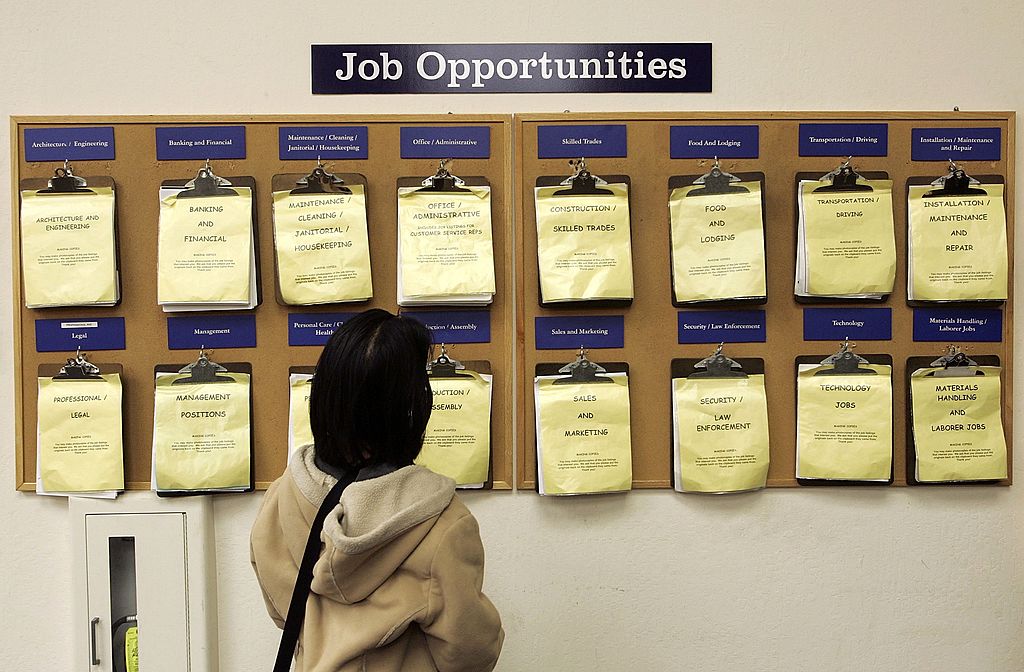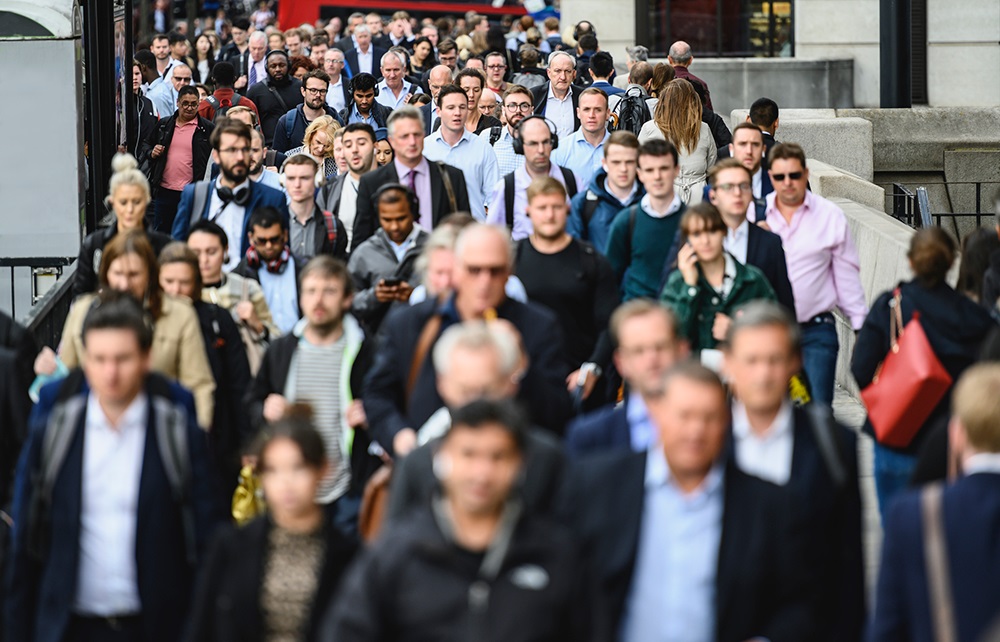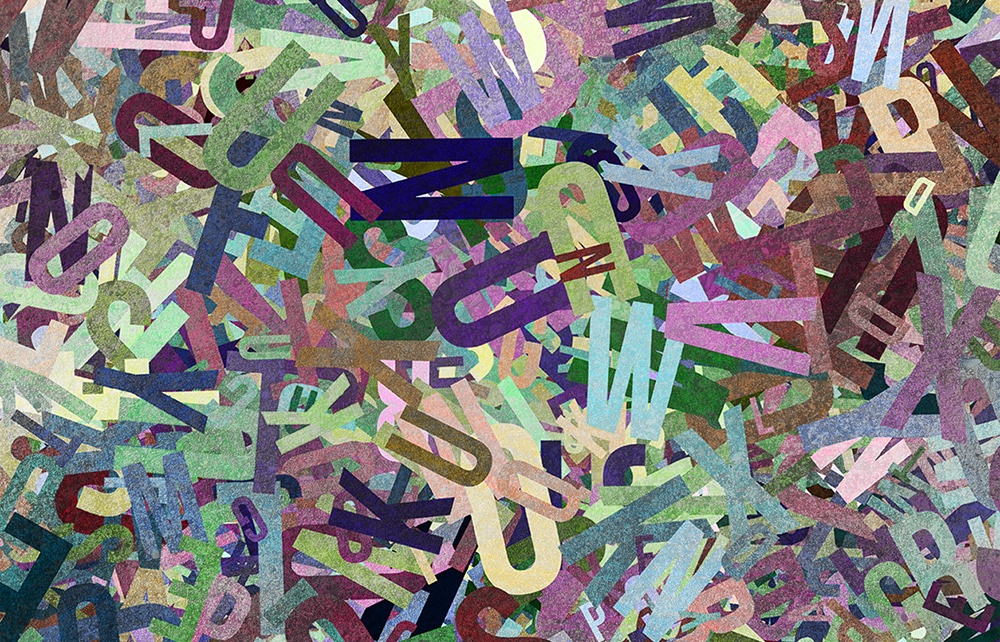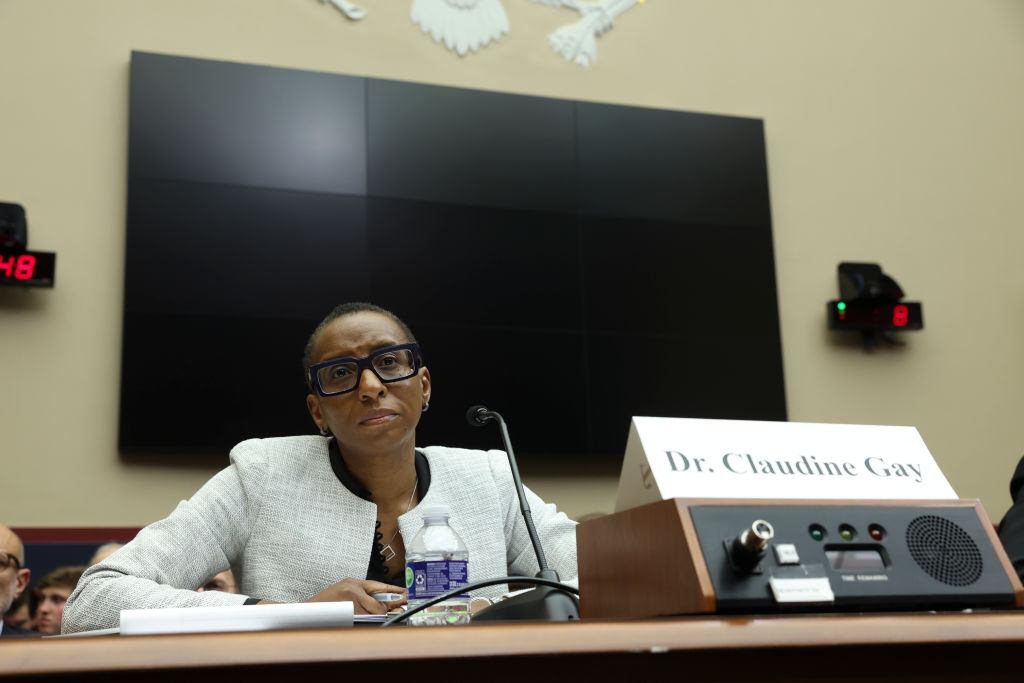It’s a month before publication day for my second book, Second Class: How the Elites Betrayed America’s Working Men and Women. I start an Instagram account in the hopes of drumming up interest in the book on a new platform. I post a few clips of TV hits from recent weeks and follow a few friends. Instagram immediately recommends an article about how to grow your Instagram following, and I click on it and learn that consistency is key on Instagram. Roger that. Later that day, I find myself arranging my overachiever elder millennial self into an artfully nonchalant pose while stirring a lamb curry I’m whipping up for my regular Shabbat dinner salon. “There once was a Batya,” my husband mutters on his way to the fridge. “Now there’s a content creator.” I don’t post the photo. On Sunday, my best friend Renata and I go to the movies to see Poor Things. After the movie (and three gin and tonics) I say, “Let’s record a review for my seven Instagram followers!” I don’t post the video, either. Something about how much fun we were having feels too private, too precious, for the internet.
It’s Sunday morning a few weeks before pub day and I’m preparing Bible class. The Sages teach us that the second set of tablets that Moses carved were on a higher spiritual level than the first set, which Moses broke after the sin of the golden calf; the second set gave the Jews the gift of creating new interpretations of the Torah. God understood that the Israelites created the golden calf out of a crisis of confidence in their ability to be God’s chosen people in the absence of Moses. You can’t give people self-esteem, is the message. They can only give it to themselves — hence the gift of creativity. This is a big theme in Second Class. I traveled the country interviewing working-class Americans about their lives — and to a person, the people I met got a lot of self-esteem, a lot of dignity, from their work. They felt insulted by the idea of being given welfare to compensate for the fact that their jobs don’t pay enough to secure them the American Dream.
A week before the book comes out, I go into the offices of my publisher, Encounter Books, to personally inscribe copies that will be sent to the characters — Amy, a certified nurse’s aide from Florida; Patrick, a police detective from Long Island; Nicole, a DoorDash driver from Ohio; Linda, who works for Amazon in West Virginia; Kevin, a janitor from California, among others. Later, when I start doing interviews to promote the book, each interviewer connects with a different character: “Tell us about Kevin.” “Tell us about Ben.” “Tell us about Maria.” When the books go out, I hold my breath. Will the people who gifted me with their stories appreciate the book? Will they feel that I did justice to their struggles?
I ask Mike, who owns Wheelers, the local watering hole in my neighborhood, if I can have a party there for my friends when my book comes out. Mike is skeptical. He’s not sure the locals will appreciate it. “My friends will spend money!” I promise. “They will tip well!” Mike agrees, somewhat begrudgingly. Wheelers is full of colorful characters who have shaped my worldview over the years. Miro, a fixture at the corner of the bar, was the first Latino man I met who loved Trump. Jim, the bartender, is a dear friend who helped me understand the search for dignity in working-class America before I knew I was looking for it. Miro has a copy of the book waiting to be signed at the party and has been following its ascent on the Amazon chart with glistening eyes. Jim brings some chocolates he’s made for the occasion. Gord, a truck driver who is profiled in the book, also comes to the party and is chuffed when I tell him he should be signing the books, too (he does).
The book comes out. On a podcast I debate someone who wrote a book defending the elites. “No one wants to clean toilets!” he bellows. I tell him he should read my book. A lot of people get dignity from cleaning toilets. The thing that’s undignified about it is the working conditions, that they work so hard and can’t afford the most modest version of a stable life, thanks to policies pushed by the elites. Though I am very angry about this, I kept the anger out of my book; I let people speak for themselves. But sometimes my rage comes through in interviews. I post the clips to Instagram, and every once in a while, one of the characters in my book likes the post. Those are the best days.
This article was originally published in The Spectator’s June 2024 World edition.


























Leave a Reply